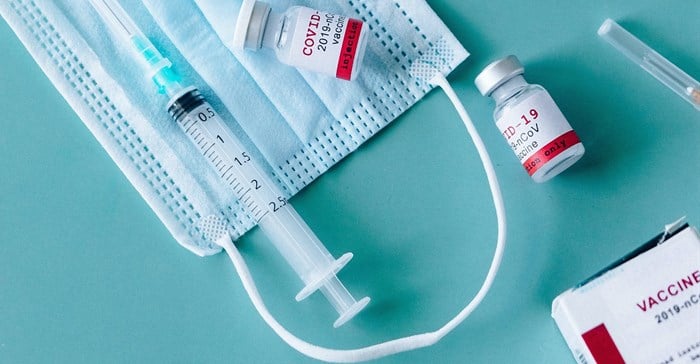Covid-19: The Western Cape is now officially in a resurgence

He said the South African Covid-19 Modelling Consortium is anticipating a very large increase in the absolute number of cases for the coming week.
“There has been an over 20% week-on-week percentage change in the 7-day moving average of new cases,” Winde said.
200 new cases on average are being diagnosed in the Province per day, while 16 confirmed Omicron cases have been identified in the Western Cape.
"Over the past week, we have learnt a lot, and are continuing to learn even more about the variant. Our scientists are studying the virus closely and I continue to urge them to do so as quickly as possible to guide us in terms of our response to the Fourth Wave and Omicron variant," Winde said.
Winde confirmed the Provincial Department of Health will continue to monitor the number of Covid-19 cases, hospital admissions and deaths in the province.
He said while case numbers in their totality remain relatively low, our healthcare platform shows that across the province, the proportion of positive Covid-19 tests has increased to an average of 8.2%.
Hospital admissions up
“Hospital admissions are showing signs of an early increase with 11 admissions per day, while Covid-19 related deaths remain low with under two deaths per day," he said.
"Insofar as our healthcare platform is concerned, the Metro hospitals have an average bed occupancy rate of 91%; George drainage area hospitals at 61%; Paarl drainage area hospitals at 73% and Worcester drainage area hospitals at 77%. The critical-care bed occupancy rate for designated Covid-19 beds for the province is at 13%."
Facilities to re-open
"While the Metro mass fatality centre has been closed, we are prepared to bring online more facilities, if and when this is necessary and are planning to reopen the Mitchells Plain Hospital of Hope.
“The Western Cape is prepared for a Fourth Wave," Winde said.
He reassured the public that a resurgence plan has been established to ensure that there are enough hospital beds, staff and oxygen to respond.
"Amid the resurgence, we will continue to monitor the week-on-week percentage changes in new cases to ensure that our healthcare system can operate at the peak of the Fourth Wave. Vaccination coverage remains the key intervention to mitigate its impact. We will continue in our efforts to increase vaccination uptake. We need to ensure that as many people as possible get vaccinated to prevent severe illness and death."
He strongly encouraged those who are at the highest risk, including those 50 years and older, to get vaccinated.
Vaccination statistics
By 1 December 2021, the total number of individuals who are 18 years and older who have received at least one dose was 2 467 423 or 50% of the total adult population. Of that population, 2 134 080 or 43% have been fully vaccinated. The total number of children, aged between 12 to 17 years, vaccinated to date stands at 65 645 or 10%.
"In the last 24 hours alone, we have administered a total of 17 976 vaccines and over 4 million vaccines since the start of our vaccine programme," Winde said.
He expressed concern that the total number of unvaccinated persons in the province who are 18 years and older currently stands at 2 500 480.
"I strongly encourage those of you who have not yet done so to get vaccinated, and those working in the healthcare system (who have not already done so) to get their booster jab ahead of the Fourth Wave."
By 1 December 2021, 45 736 healthcare workers in the Western Cape had already received their Johnson & Johnson booster dose, ensuring that they are fully immunised.
Winde advised the unvaccinated to look out for Sisonke 2 sites which will be open this weekend.
Stop the spread
Speaking on Omicron he said: “We have learnt a lot about Omicron but await further information. Let’s continue to remain calm but cautious and practise the behaviours we have learnt to stop the spread.”
"While we know that there are positive cases of Omicron already detected in the Western Cape, this is not the time to panic. This is the time for us to continue practising the lifesaving measures that we have already learnt throughout the previous waves [such as social distancing and wearing masks] to stop the risk of infections.
"What we know about the Omicron variant is that standard Covid-19 tests appear to detect positive cases and that there is evidence of a reinfection risk. What we require further empirical information on is whether it is more transmissible and the severity of the disease."

























